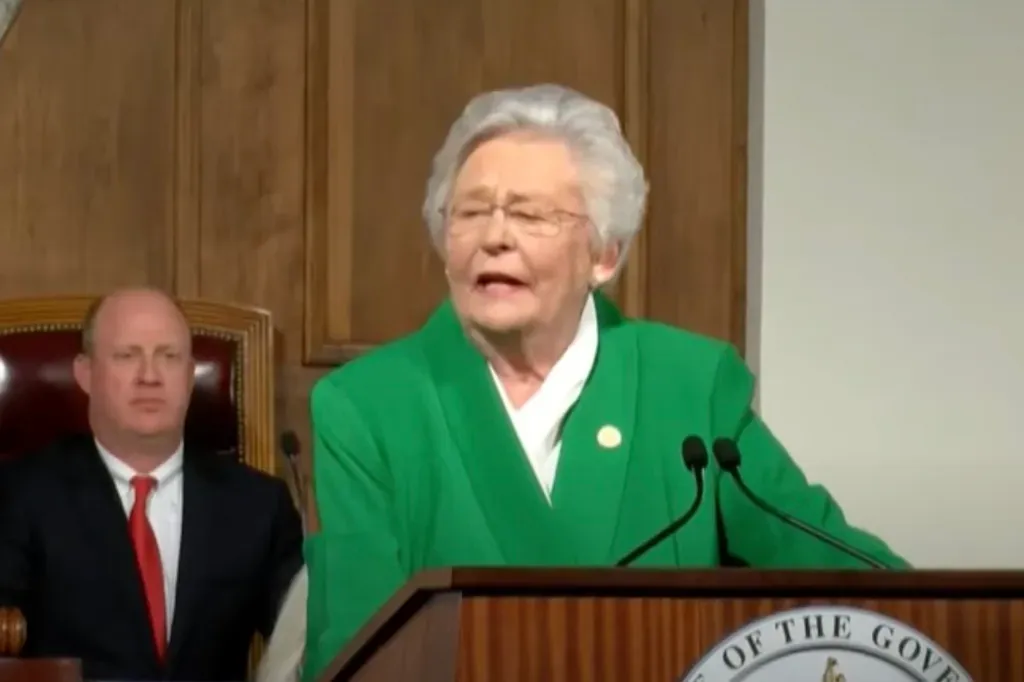Middle Mile Broadband in Alabama from American Rescue Act Funds
Alabama announces initiative to expand middle mile broadband for rural areas.
Corey Walker

February 7, 2024 – Gov. Kay Ivey, R-Alabama, unveiled a new plan on Monday to award more than $188 million in grants for “middle-mile” broadband projects, citing a need to increase connectivity for rural and underserved areas of the state.
Middle mile broadband infrastructure connects local broadband networks to national broadband networks, increasing reliable high-speed internet connection for rural communities.
The state funded the grants from the American Rescue Plan Act and distributed them to 12 companies with a goal to expand 4,000 miles of middle mile broadband, according to a statement by Ivey’s office.
“Rural Alabama, like so many other places in the state, is in need of increased access to high-speed internet, and today we are taking a significant stride in our journey toward full broadband access,” Ivey said in a statement, “These middle-mile projects will be extremely beneficial to our anchor institutions, and it puts us in a desirable situation where the ‘last mile’ projects that will supply broadband service to businesses and households are more economical and attainable.”
The proposed middle mile broadband expansion will also serve more than 790 of the state’s schools, hospitals, government buildings, and medical facilities, according to the statement. The Alabama Department of Economic and Community Affairs will manage the initiative through their Alabama Digital Expansion Division, an institution tasked with created in the 2021 Connect Alabama Act.
“ADECA is pleased to be involved in this broadband-expansion effort that will benefit so many people and improve lives,” said ADECA Director Kenneth Boswell in the statement.
Boswell emphasized the importance of enhancing the state’s broadband network during the Economic Development Association of Alabama 2024 Winter Conference in January.
“It creates parity throughout the state – from the rural areas, urban and metropolitan, it puts everybody on an even playing field,” Boswell said, “But can you imagine what it’s going to do from the standpoint of health care, education, economic development? It’s going to be unbelievable at how transformative it will become over the years to come.”
Alabama’s broadband grant programs have previously been criticized for neglecting the most rural and underserved parts of the state. In 2023, Ivey sought to bolster broadband expansion efforts through allocating $400 million in federal funds to broadband and $1.4 million from the Broadband, Access and Deployment Program to broadband.









Member discussion